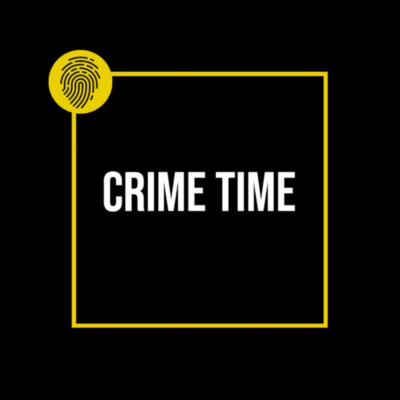
Front Burner
Podcast von CBC
Nimm diesen Podcast mit

Mehr als 1 Million Hörer*innen
Du wirst Podimo lieben und damit bist du nicht allein
Mit 4,7 Sternen im App Store bewertet
Alle Folgen
1863 FolgenIt was a chaotic weekend for anyone flying with Air Canada. The airline canceled hundreds of flights after 10,000 flight attendants walked off the job. Less than 12 hours later, federal jobs minister Patty Hajdu had ordered them back to work — but the union took the unusual step of defying that order and continuing the strike. The main sticking points for the union had been wages and "ground work" — that is, pay for time spent working when the plane is not moving, which most airlines don't do. But now, some experts argue it's become the latest example of the federal government rushing to tip the scales in labour disputes and undermining the bargaining process. CBC senior business reporter Anis Heydari explains how the situation got so messy, and why other airlines across North America — and their workers — are so invested in the outcome. For transcripts of Front Burner, please visit: https://www.cbc.ca/radio/frontburner/transcripts
This week, Canada's housing department released a document with more details on the Liberal government's plans to scale up affordable housing in the country. It's now seeking feedback from the public about it. Back in March, Prime Minister Carney vowed that his government would double the number of homes built annually in Canada to nearly half a million. This would be done through an entity called Build Canada Homes, which would spur construction with a focus on affordability and a 'made in Canada' approach. But these plans are coming together in a challenging environment. A new report from the Canadian Mortgage and Housing Corporation (CMHC) forecasts a drop in housing starts over the next few years. That's against a backdrop of rising costs and other factors that are squeezing developers. So, can Carney's plan work, and can it work fast enough? Mike Moffatt, a founding director of the Missing Middle Initiative at the University of Ottawa and the co-host of the Missing Middle podcast, joins the show. For transcripts of Front Burner, please visit: https://www.cbc.ca/radio/frontburner/transcripts [https://www.cbc.ca/radio/frontburner/transcripts]
Israel’s military campaign in Gaza has become the deadliest conflict for journalists in recent history. Among those killed was Anas Al-Sharif — one of the last remaining reporters in Northern Gaza, and one of the most recognizable media voices in the strip. In July, the Committee to Protect Journalists said that the public smear campaign against him, led by the Israeli military, was part of an effort to manufacture consent to kill him. Just weeks later, this past Sunday, he and three colleagues were killed in a targeted Israeli strike near a Gaza City hospital. The Israeli military has publicly admitted to the killing, calling Anas an operative connected to Hamas’ military wing: a charge that those who know him, along with organizations like the United Nations, deny. Sharif Kouddous is the Middle East editor at Dropsite News, and a longtime reporter on and in the region. He joins us today to talk about the killing of Anas Al-Sharif, who refused to leave Gaza, his home, despite months of threats against his life, and the cost of journalism in Gaza. For transcripts of Front Burner, please visit: https://www.cbc.ca/radio/frontburner/transcripts [https://www.cbc.ca/radio/frontburner/transcripts]
National Guard troops descended on Washington D.C. after U.S. President Donald Trump vowed on Monday to take back the nation's capital and clear the streets of what he calls "crime, bloodshed, bedlam and squalor". It comes after the President spent the better part of the last week taking aim at D.C.'s leadership, homeless population and how crime there is "out of control" – a statement that stands in sharp contrast to official figures showing that violent crime in D.C. is at a 30-year low. Since then, in addition to deploying the National Guard, Trump has also taken control of the district's police force. Given that crime is on the decline in D.C., what is this takeover really about? And what could it signal to other cities in Trump's crosshairs? Alex Shephard from The New Republic joins us to make sense of it all. For transcripts of Front Burner, please visit: https://www.cbc.ca/radio/frontburner/transcripts [https://www.cbc.ca/radio/frontburner/transcripts]
35 years ago, the Kanien'kehá:ka of Kanehsatà:ke squared off with the Canadian army to defend their territory, culminating an armed standoff now known as the Oka Crisis, or the Siege of Kanehsatà:ke. Now, some community members worry that same territory is being threatened by an out-of-control boom of unregulated cannabis megastores with alleged connections to organized crime. And a governance crisis exacerbated by that siege in 1990 has left the community with no clear way of resolving the growing tensions. CBC investigative reporter Jorge Barrera — who has covered the community extensively — explains how the deep history of Kanehsatà:ke has led to this pivotal moment, and what it could mean for its future. For transcripts of Front Burner, please visit: https://www.cbc.ca/radio/frontburner/transcripts [https://www.cbc.ca/radio/frontburner/transcripts]























